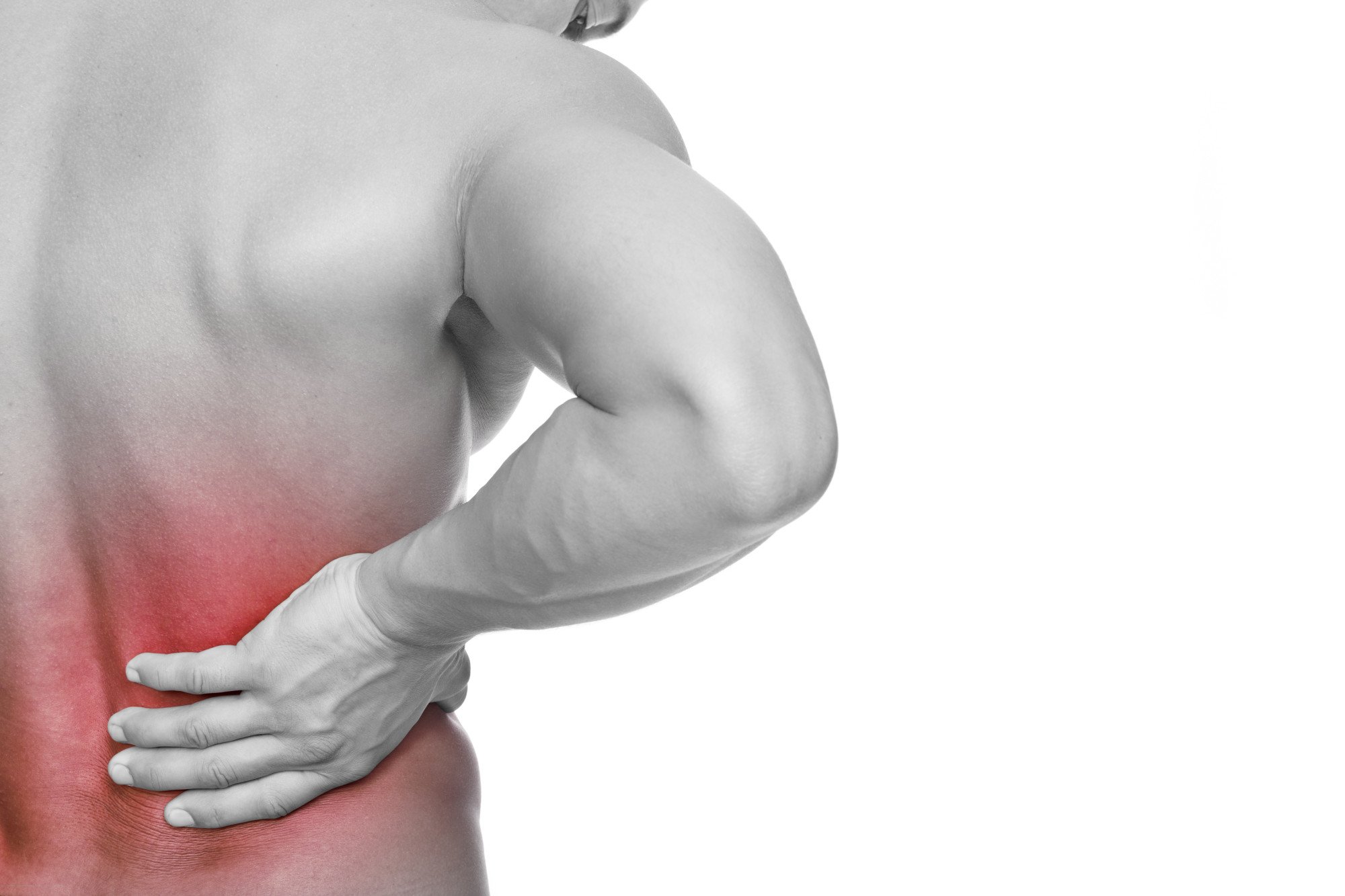-
Call us now
03 9088 8059 -
12 Wellington Parade
East Melbourne VIC 3002 -
Mon - Satday
7:00 to 20:00

Did you know that 40% of people will suffer from sciatica at some point in their lives? Sciatica can cause serious pain in the lower back and legs and can even be debilitating in some cases. A herniated disc can also cause debilitating pain in the same regions, but it is rooted in a different cause.
So, what is the real difference between sciatica vs. herniated disc? Which is worse and how do you treat them? More than that, is there any way to prevent them from happening in the first place?
Keep reading and learn more about the difference between these two conditions below.
What Is Sciatica?
“What is sciatica?” is a common question that not many people know the answer to. It all has to do with the sciatic nerve which is a very large nerve in the lower back. The nerve branches at your lower back and splits into two nerves, one going down each of your legs.
Sciatica is pain that follows the route of the sciatic nerve. In this sciatica guide, you will find that sciatica pain can vary greatly in its severity. The type of pain people with sciatica feel can also differ.
Sciatica can happen for a variety of reasons. More often than not, it has something to do with the compression of the sciatic nerve. This may occur as a consequence of a bone spur in the region or it may have something to do with a herniated disc (which we will discuss later on).
If you have pain that is specific to your lower back, hips, and legs, you very well could have sciatica. Some people with sciatica find that the pain is more of a dull ache than anything. On the other hand, some people say that sciatica pain is more like excruciating, burning pain.
In some cases, sciatica may be so severe that it will interfere with a person’s ability to walk as well as a person’s bladder and bowel control. Some people may also experience numbness along the sciatic nerve, especially in the legs.
In some cases, sciatica can go away on its own, especially if you exercise more. Sitting for too long can cause sciatica to get worse. However, if sciatica does not go away on its own, it is important to see a doctor before it gets any worse.
Treatment options can involve pain medication and even surgery.
What Is a Herniated Disc?
While a herniated disc can cause back pain similar to sciatica, it is a completely different problem. As mentioned before, sciatica stems from the sciatic nerve which you can find in the lumbar (lower) spine and legs. On the other hand, a herniated disc has to do with the soft, spongy discs that separate each vertebra in the spine.
These intervertebral discs are essential for one’s spine health. These discs act as cushions between the spinal bones. They are especially important for standing upright, walking, and moving the spine, in general. Without them, the bones in the spine would impact each other and cause damage.
An intervertebral disc is made up of two different materials: the nucleus and the annulus. The nucleus is the softest part of the disc and is almost like the consistency of jelly. The annulus is harder but it is not as hard as bone and still provides cushion and support.
These intervertebral discs occur all the way along the spine from the bottom all the way to the cervical (neck) bones. For that reason, a herniated disc can occur at any point along the length of the spine. A herniated disc is when part of the soft nucleus protrudes into the annulus.
A herniated disc may also be called a ruptured disc since the nucleus ruptures into the annulus. A herniated disc can cause acute and severe pain and it can even inhibit a person’s ability to walk or stand up straight. Herniated discs tend to happen more in the lower spine, although they can happen at any point in the spine.
Herniated discs usually heal on their own, but it may take a few days or even weeks of rest. If the disc does not heal, surgery may be necessary.
Sciatica vs. Herniated Disc: Knowing the Difference
While sciatica and herniated discs can both cause mild to severe back pain, they both are very different things. They both tend to heal on their own. If you find that your sciatica or herniated disc is taking longer to heal than you anticipated, don’t worry, because that doesn’t mean you have to go right to the operating room.
There are a few natural options like kati vasti and ayurvedic massage you can take to speed along your recovery. A massage can soothe both sciatica and a herniated disc. It will help your body relax and your muscles and ligaments won’t be so tense. Using certain herbal oils may also help the pain subside.
Using warm oil during a massage is especially beneficial. There are other natural remedies that you can try such as teas and herbs. After some time, your sciatica or herniated disc pain should eventually subside.
If not, it is best to see your doctor. Your doctor will be able to tell if there is something more serious going on that needs surgery or another treatment.
Learn More About Sciatica and Herniated Discs
When it comes to sciatica vs. herniated disc, even though they might cause a lot of pain, they are not usually serious problems that will threaten your health.
All you need to do is have patience and wait for your body to heal itself. Massages and other natural options may be able to speed along your recovery.
To learn more, contact us here.
